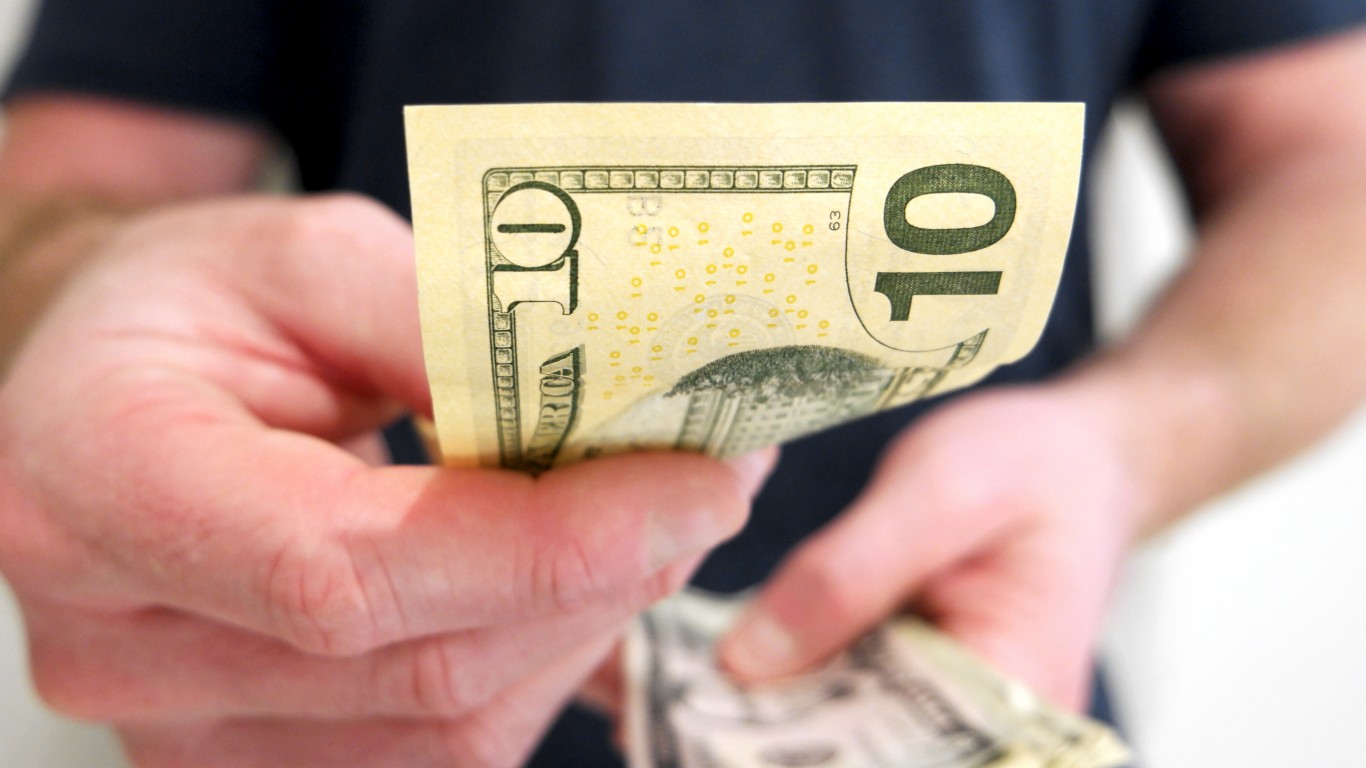
"The democratization of investing started with discount brokers slashing commissions and advanced through no-transaction-fee trading on apps like Robinhood ( NASDAQ:HOOD ) and Fidelity. Now, it no longer takes a lot of money to make money on Wall Street, as investors can buy fractional shares with as little as $5 or $10. That opens doors for everyday people to build portfolios without needing thousands upfront. But that doesn't mean buying cheap stocks is always a good idea, since a low price could signal company problems - and certainly steer clear of penny stocks, which carry high risks of fraud and volatility. Sometimes, though, a low share price signals real opportunity."
"Pfizer (PFE) Pfizer ( ) stands out as a pharmaceutical leader with a stock price under $25 per share, well within reach for a $1,000 investment that could snag about 40 shares. Its value shines through, with a trailing PE ratio of 13 and a forward PE under 8, suggesting the stock is undervalued relative to earnings potential. The stock price is also one of the lowest levels seen in over a decade . This pricing reflects market adjustments after the COVID-19 boom, but Pfizer's core business in vaccines, oncology drugs like Ibrance, and cardiovascular treatments like Eliquis provides stability."
Discount brokers, no-transaction-fee trading, and investing apps enabled fractional-share purchases with as little as $5 or $10. Fractional shares allow everyday people to build portfolios without needing thousands upfront. Low-priced stocks can indicate company problems and penny stocks carry high risks of fraud and volatility, yet low prices can also indicate opportunity. Pfizer trades under $25 with a trailing PE of 13 and a forward PE under 8, trading near decade lows. Pfizer offers a 6.94% dividend yield with a $1.72 annual payout, has a pipeline including mRNA collaboration with BioNTech and biosimilars, and an average analyst target implying roughly 16% upside.
Read at 24/7 Wall St.
Unable to calculate read time
Collection
[
|
...
]